single default
Inhumane Immigration Conduct
We exposed the news of inhumane actions by members of Malawi’s Immigration Department and the Police who misled over 200 migrants into believing they were being taken to Dzaleka Camp but instead transported them to a different district and later forced to leave Malawi.
We escalated the matter to the Malawi Human Rights Commission, highlighting the potential violations of international law, including refoulement and inhumane treatment. The migrants were ultimately forced to leave Malawi. However, fearing a return to the very conflicts they fled from, some managed to return, but were subsequently detained at Rumphi and Mzuzu Prison on charges of illegal entry. Our lawyer is currently preparing to represent them in court.
Commemorating World Refugee Day
We joined the global community in commemorating World Refugee Day under the theme “Solidarity with Refugees.”
As part of the commemoration, we released a documentary highlighting inconsistencies in the government’s narrative and actions surrounding the 2023 forced relocation of refugees.
We also issued a statement in solidarity with refugees in Malawi on June 20th.
Additionally, we donated 45 reams of papers to Dzaleka Secondary School which serves almost 1,000 students from both the refugee and host communities, to assist with their end-of-year examinations.
“Standing in solidarity means ensuring that refugee students have the tools they need to succeed, including the opportunity to assess their learning and grow.” — Apatsa Mangwana Mhango, Inua Advocacy Programs Manager.
The donation was warmly received by both staff and students: “We didn’t know how we would assess students this term. This donation came at the perfect time.” — Brian Manda, Head of Humanities.
Gains in Providing Legal Aid to Refugees
We also made some progress in our fight for justice for refugees. Among others, we provided legal representation to eight refugees across four court cases heard at the Dowa Magistrate’s Court in Central Malawi.
Apart from that, the Malawi Judiciary approved our application to deploy interpreters to assist refugees during court proceedings. This intervention comes in response to a gap in interpretation services following the scaling down of the United Nations High Commissioner for Refugees (UNHCR), which previously supported this function.
This development enables us to support refugees and asylum seekers who face language barriers during court proceedings—an often overlooked but critical aspect of access to justice.